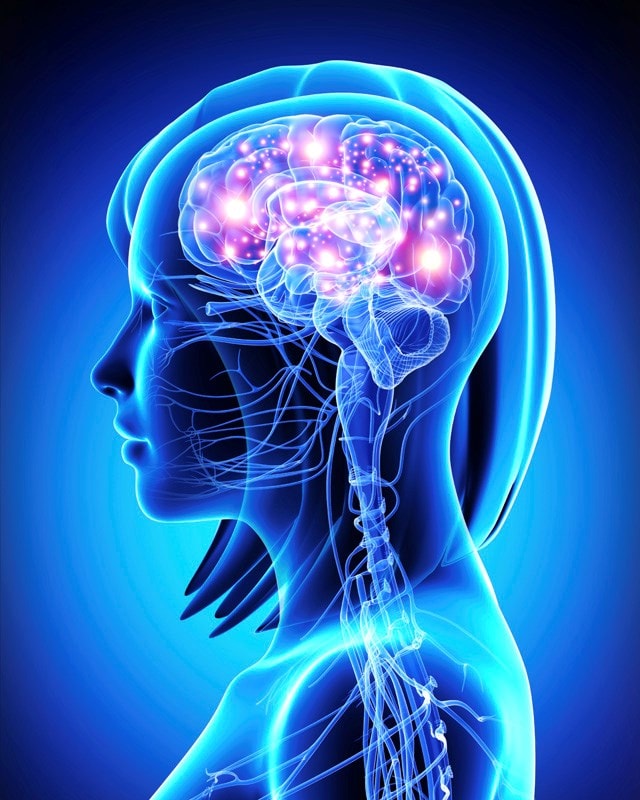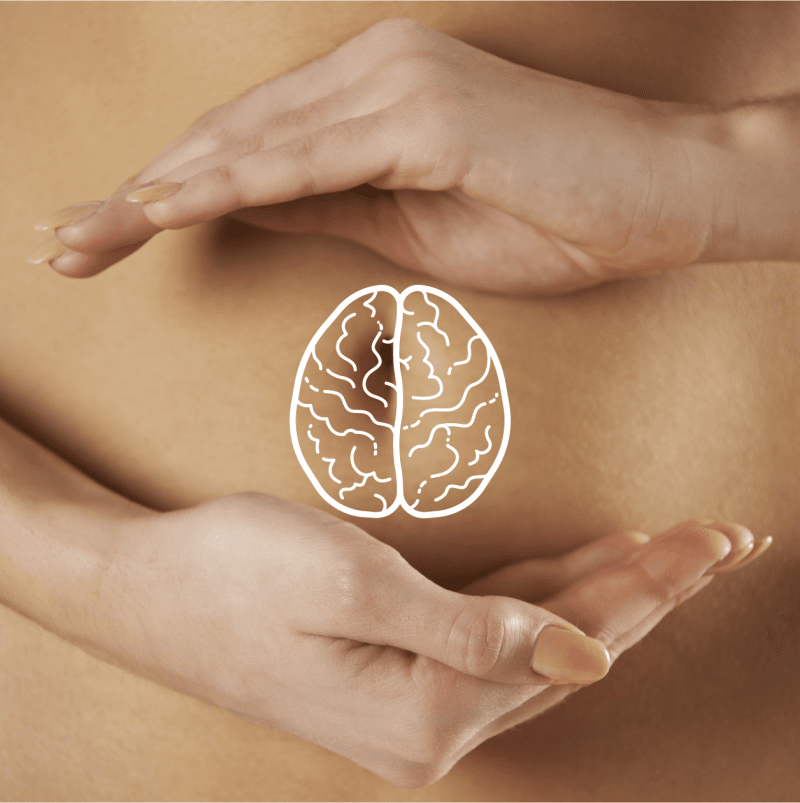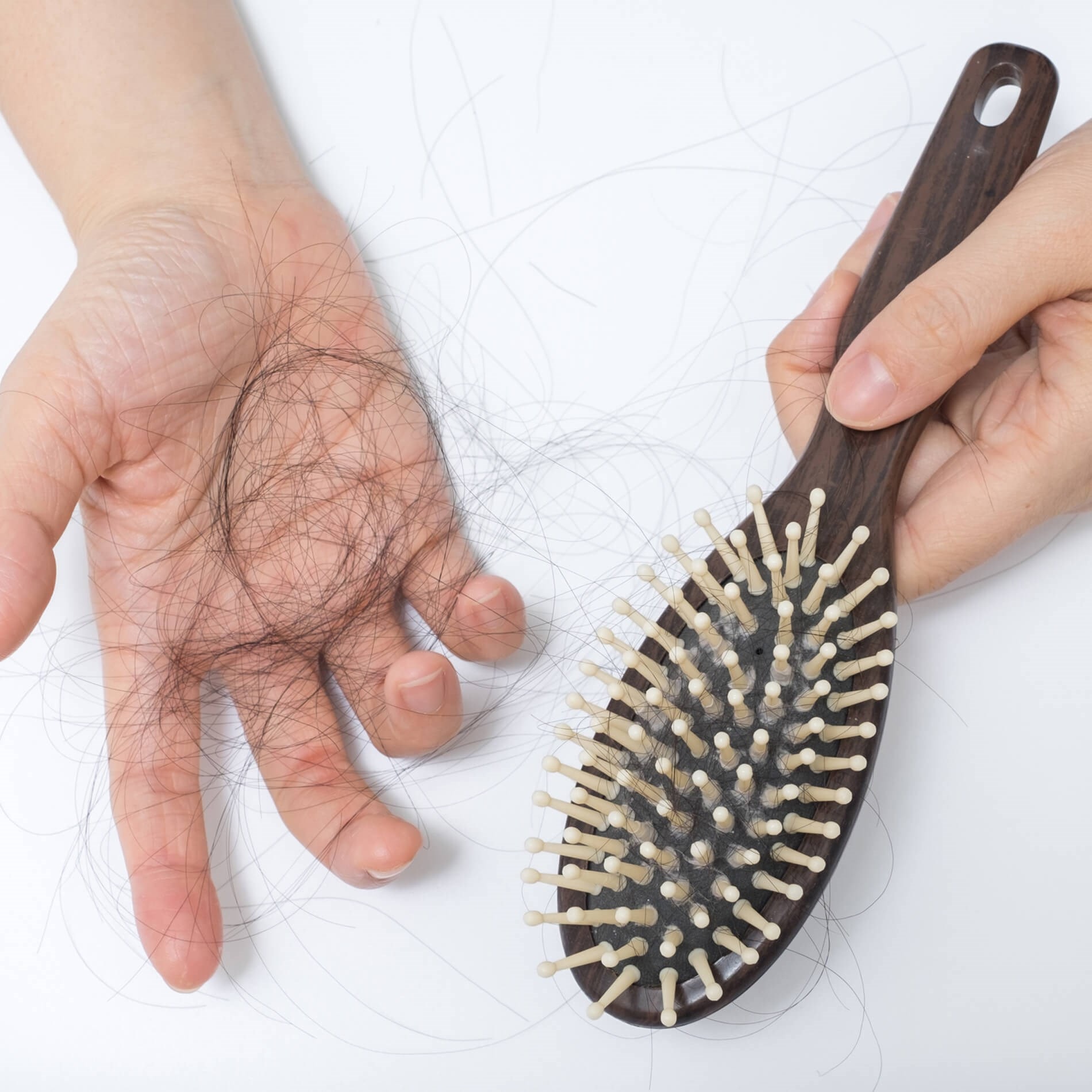Probiotics for Migraines
Anyone who has suffered with migraines knows how debilitating and draining they can be, and for many people chronic migraines are a regular and painful ordeal. There is currently no medical cure available for migraines, though doctors use a variety of treatments from painkillers to antidepressants to try and manage symptoms. Due to the various side effects from prescription drugs there is a growing interest in natural supplements which may help, and there have been several preliminary studies conducted on probiotics to assess their efficacy against migraines. Could gut health be a new avenue for sufferers to explore?
What is a migraine?
A migraine is a headache associated with dilation of the blood vessels in and around the brain, and is typically much more painful than a 'normal' headache. In fact, there are a variety of symptoms which can commonly occur in addition to the very painful throbbing sensation in the head; these include visual disturbances, sensitivity to noise or light, nausea and vomiting, but migraine symptoms can also differ from person to person. In extreme cases sufferers can experience abdominal pain, sweating, tummy pain, and diarrhoea.
About a third of migraine sufferers experience what is known as 'aura', before the onset of a migraine. These aura include: severe visual disturbances (such as flashing lights, zig-zag patterns or blind spots), dizziness, numbness or tingling sensations, confusion, and rarely, loss of consciousness.

What causes migraines?
The causes of migraines can also vary and are sometimes unknown, though commonly-established triggers include stress, tiredness and especially food intolerances, Research1 has linked migraines to a number of dietary triggers, and consequently a connection to gut health and the gut microbiome begins to be established. Read more about our complex gut microbiomes on the Probiotics Learning Lab.
As to why certain foods cause migraines: it's widely believed that the trace amine tyramine is one of the substances in certain foods which may cause migraines. Tyramine is not added to foods - it is produced from the natural breakdown of the amino acid tyrosine, so tyramine levels increase in foods when they are aged, fermented, or stored for long periods of time - examples of this include alcohols (see Probiotics Learning Lab), most cheeses, and chocolate. Tyramine is also produced in the body by a bacteria such as Enterococcus faecalis (also known as Streptococcus faecalis). If the body's levels of good bacteria are low (known as 'dysbiosis' - see Probiotics Learning Lab for glossary), E. faecalis is more able and likely to overgrow - and in turn produce more tyramine in the body which could lead to migraines.
It is not known exactly why high levels of tyramine in the body result in migraines, but there is a hypothesis that it results in uncontrolled neurotransmitter release, causing changes in the brain which lead to migraine pain.
So gut dysbiosis leading to high tyramine levels could be a factor in the development of migraines, but intestinal permeability, or 'leaky gut', is also thought to be implicated in migraine onset - read on to find out more about the gut-migraine connection...
The gut-migraine connection
Migraines and gut health isn't an obvious association, but in addition to gut dysbiosis and pathogenic overgrowth resulting in an excess of tyramine in the body, there is another potential gut-related cause of migraines. Many suspect that 'leaky gut' (see definition in the Probiotics Learning Lab) is also implicated in the development of migraine pain. Leaky gut is a common term for intestinal permeability, which occurs when the epithelial surface of the gut becomes compromised. This surface protects us from toxins and pathogens, so when its permeability is increased, molecules and toxins which would not usually be able to pass through the barrier can leak through into the blood stream.
Pro-inflammatory immune responses are also associated with the development of migraines, and one trigger for these is the passage of lipopolysaccharides (LPS) from the intestines into the bloodstream, which can occur as a result of intestinal permeability. High levels of circulating LPS can lead to pro-inflammatory responses causing issues in different parts of the body, and in the case of migraine headaches these occur on the nociceptors of the trigeminal nerve3.
Can probiotics help migraines?
Although doctors are not certain on what causes migraines, we've outlined two potential causes here which are related to gut health - and this is where probiotics come in.
Probiotics may be able to keep tyramine levels in check by reducing populations of pathogenic bactera. Probiotic bacteria are believed to release bacteriocins, which can help to remove harmful gut bacteria from the gut. They also discourage pathogens in a process known as 'competitive inhibition'.
Probiotics may also help if leaky gut is a factor in migraines. This condition can also occur as a result of pathogenic overgrowth, particularly pathogenic yeasts from the Candida family. Pathogens such as Candida have 'tentacles' which can burrow into the intestinal wall and can cause it to become permeable. Certain live cultures, like the strain Saccharomyces boulardii, are well-placed to compete with and displace pathogenic microbes from their binding sites on the intestinal wall. Therefore, they can help to improve and maintain our intestinal barriers, which may aid in deterring the onset of leaky gut in the first place.
Find out more about probiotics and leaky gut.

Research
Another bacteria, besides S. faecalis, that has been linked to migraines is Helicobacter pylori (often abbreviated to H. pylori). A 2002 study4 at the University of Milan found 18% of chronic migraine sufferers to be infected with the pathogen H pylori. When participants were given lactobacilli probiotic bacteria in addition to the usual antibiotic treatment, intensity and frequency of headaches were significantly reduced, more so than in the group given the antibiotic treatment alone. This research therefore suggests that supplementing with a reliable probiotic could potentially decrease both frequency and intensity of migraines in the long-term, by increasing the body's balance of good bacteria over bad.
A recent study5 from January 2019 looked at the use of multi-species probiotic supplementation in 79 total migraine patients, 40 who suffered from episodic migraines and 39 who were chronic sufferers. In episodic migraine patients, following a 10-week intervention period, frequency of migraine incidences significantly reduced in the probiotic grouped compared to the placebo group, and a marked decrease in severity was also noted. In chronic migraine patients, after an 8-week probiotic intervention, it was found again that frequency and severity of migraines were reduced. Interestingly, episodic migraineurs who received the friendly bacteria also reported a decrease in remedial drug usage per week.
However, some professionals have expressed concerns over these findings, due to the abnormally low variance in the placebo group. Moreover, additional and larger-scale research will certainly be required in order to confirm any beneficial effects probiotics may have in the handling of migraines.
Go with your gut
This current lack of research necessitates further investigation, but the initial evidence proves very interesting, and should more links between probiotics and migraines be found, it could be a game-changer for those who suffer with these elusive attacks. It's always fascinating to see research emerge linking probiotics to more and more areas of the body, and it only serves to further solidify the importance of the gut in the modern understanding of health.
If you enjoyed this article, you may wish to look at the following:
EU-funded project finds link between gut bacteria, obesity & mental health
Classification of Saccharomyces boulardii
Or you could try this blog in the Probiotics Learning Lab:
Gut Brain Axis
References
- Egger, J. et al. (1983). IS MIGRAINE FOOD ALLERGY?: A Double-blind Controlled Trial of Oligoantigenic Diet Treatment. The Lancet, 322(8355): 865-869
- D’Andrea, G., D’Amico, D., Bussone, G., Bolner, A., Aguggia, M., Saracco, M. G., … Perini, F. (2013). The role of tyrosine metabolism in the pathogenesis of chronic migraine. Cephalalgia, 33(11), 932–937. https://doi.org/10.1177/0333102413480755
- van Hemert, S., Breedveld, A. C., Rovers, J. M., Vermeiden, J. P., Witteman, B. J., Smits, M. G., & de Roos, N. M. (2014). Migraine associated with gastrointestinal disorders: review of the literature and clinical implications. Frontiers in neurology, 5, 241. doi:10.3389/fneur.2014.00241
- The Associated Press, Study: Bacteria can help migraines, 04-27-2002, pp.A13
- Martami, F. et al. (2019). The effects of a multispecies probiotic supplement on inflammatory markers and episodic and chronic migraine characteristics: A randomized double-blind controlled trial. Cephalalgia, doi: 10.1177/0333102418820102. [Epub ahead of print]
Popular Articles
View all General Health articles-
General Health19 Sep 2024
-
General Health19 Jan 2024


